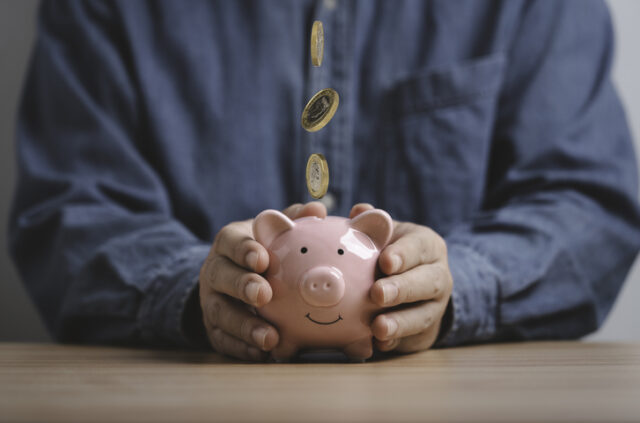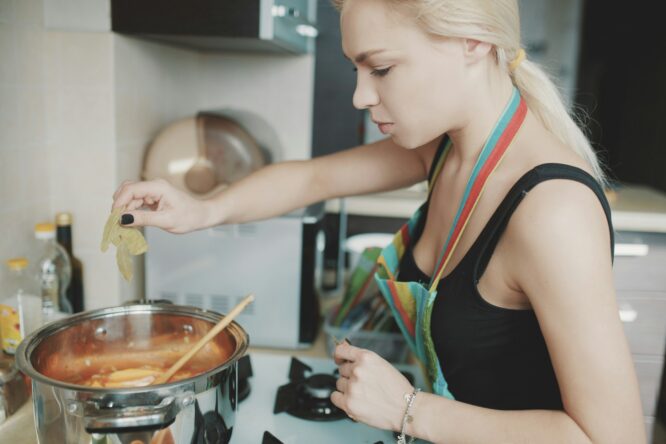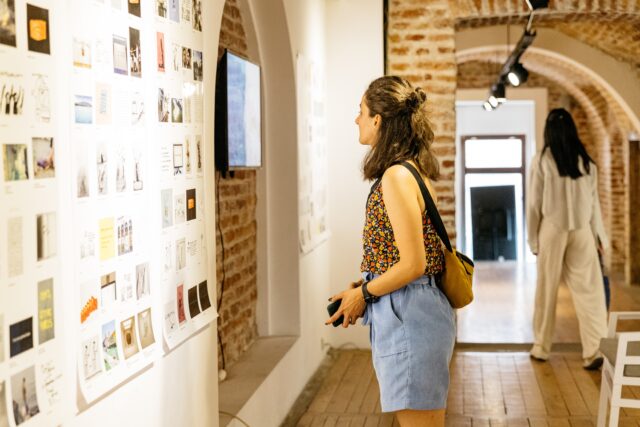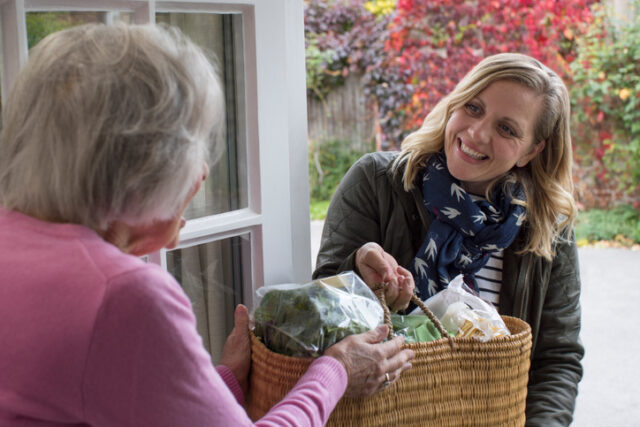Saving money sounds like a great idea until you look at your bank account and realise there’s nothing left to save.

When you’re living pay cheque to pay cheque, even the usual advice can feel out of touch. However, saving isn’t just about setting aside big chunks—it’s about being clever with what you do have. These ideas are for when you’re already stretched, but still want to get ahead in small, creative ways. It might be tough, but one day, you’ll be grateful you did.
1. Treat your spare change like it matters.

If you’re using cash at all, start keeping coins and small notes in one place. It might not feel like much at first, but a jar full of change adds up faster than you’d think, especially if you commit to not touching it unless absolutely necessary.
Even in a mostly digital world, having physical savings you can see builds momentum. Some people also round up their transactions and transfer the difference into a separate account. It’s a digital version of the coin jar and just as satisfying over time.
2. Make one meal stretch into two or three.

Instead of cooking from scratch every night, plan meals that intentionally create leftovers. A pot of chilli, curry, or pasta can be turned into wraps, jacket potato toppings, or soup bases later in the week. It cuts down on food waste and grocery costs, and you don’t have to think so hard about what to eat each day. You’re not just cooking; you’re quietly building a system that gives you more value with less effort.
3. Use your local library for more than books.

Libraries are one of the most underrated free resources available. Many offer free internet, job boards, access to online courses, or community events, all without you spending a single penny. If you’re paying for streaming, audiobooks, or online newspapers, check whether your library offers them for free first. It’s not just about saving money. It’s about replacing paid tools with ones already available to you.
4. Do free trials with actual strategy.

Sign up for a streaming service, app, or membership only when you know you’ll actually use it, and cancel before the trial ends. It’s easy to forget, so put a calendar reminder or phone alert in place the same day you sign up. This works well for entertainment, fitness classes, or even educational platforms, especially if you batch your use into that window. Just be honest with yourself about what’s worth keeping and what’s not before the trial turns into a bill.
5. Look for hidden freebie schemes.

Lots of brands and stores offer loyalty freebies, referral rewards, or birthday discounts that go unclaimed. Signing up for apps like Shopmium, Airtime Rewards, or even restaurant clubs can get you free meals, cashback, or product samples with zero upfront spend. It might feel small, but when money’s tight, a free coffee or a few pounds off your phone bill is real help. Think of it as working with what’s already available, rather than trying to hustle for more.
6. Use “needs only” lists for impulse control.

When every pound counts, keeping a strict list of what you actually need — and sticking to it — becomes crucial. Before you walk into a shop, write down what you’re buying and nothing else. If it’s not on the list, it doesn’t come home. It’s especially helpful in supermarkets, where marketing is designed to get you to grab “just one more” thing. Treating your list like a contract protects your money from spontaneous decisions you’ll probably regret later.
7. Swap instead of shop.

If you need something — clothes, books, toys, tools — ask around before heading to the shops. Local swap groups, online communities, or even group chats can be goldmines for exactly what you need, free of charge. It takes a bit more effort than clicking “add to basket,” but the payoff is huge when you get something useful without spending anything. And you’ll often be helping someone else clear out at the same time.
8. Pause subscriptions you’re not using.

Go through your bank statements and list out every subscription or automatic payment. Anything you haven’t used in the last few weeks should either be cancelled or paused if possible. Even £5 here and £7.99 there adds up quickly when you’re on a tight budget. You don’t have to deprive yourself. You’re just creating a bit of breathing room and choosing where your money goes.
9. Use public spaces like they’re yours.

When you can’t afford outings, it’s easy to feel stuck at home. However, public parks, community centres, and even city museums often offer low-cost or free ways to get out without spending much. Taking advantage of free spaces isn’t just good for your wallet — it’s good for your mood. And shifting your environment, even briefly, can help reduce stress when money is on your mind constantly.
10. Get creative with what you already own.

Before buying anything new, challenge yourself to find another way using what you already have. That might mean repurposing clothes, reusing containers, or even borrowing instead of replacing. It’s more than just being frugal. It’s learning to see the value in things you’ve been overlooking. Creativity often shows up strongest when resources are limited, and it’s a skill that pays off far beyond the tough moments.
11. Say yes when people offer help, and don’t feel guilty about it.

When money’s tight, it’s tempting to say “no thanks” to every offer of help out of pride or embarrassment. However, if someone offers to treat you to a coffee, lend you something, or help you through a tough patch — it’s okay to accept. Letting people support you when they can isn’t taking advantage; it’s part of being human. And if the roles were reversed, you’d probably do the same for them without thinking twice.
12. Build a habit of saving, even if it’s just coins.

If you feel like you have nothing to save, the idea of starting a savings habit can feel laughable. But even putting aside the smallest amount — 50p, £1, whatever you’ve got left over — starts to create a rhythm that matters. The habit itself becomes more important than the amount. And once you get used to saving, it gets easier to spot tiny windows where you can do a little more, even if you’re starting from nearly zero.




